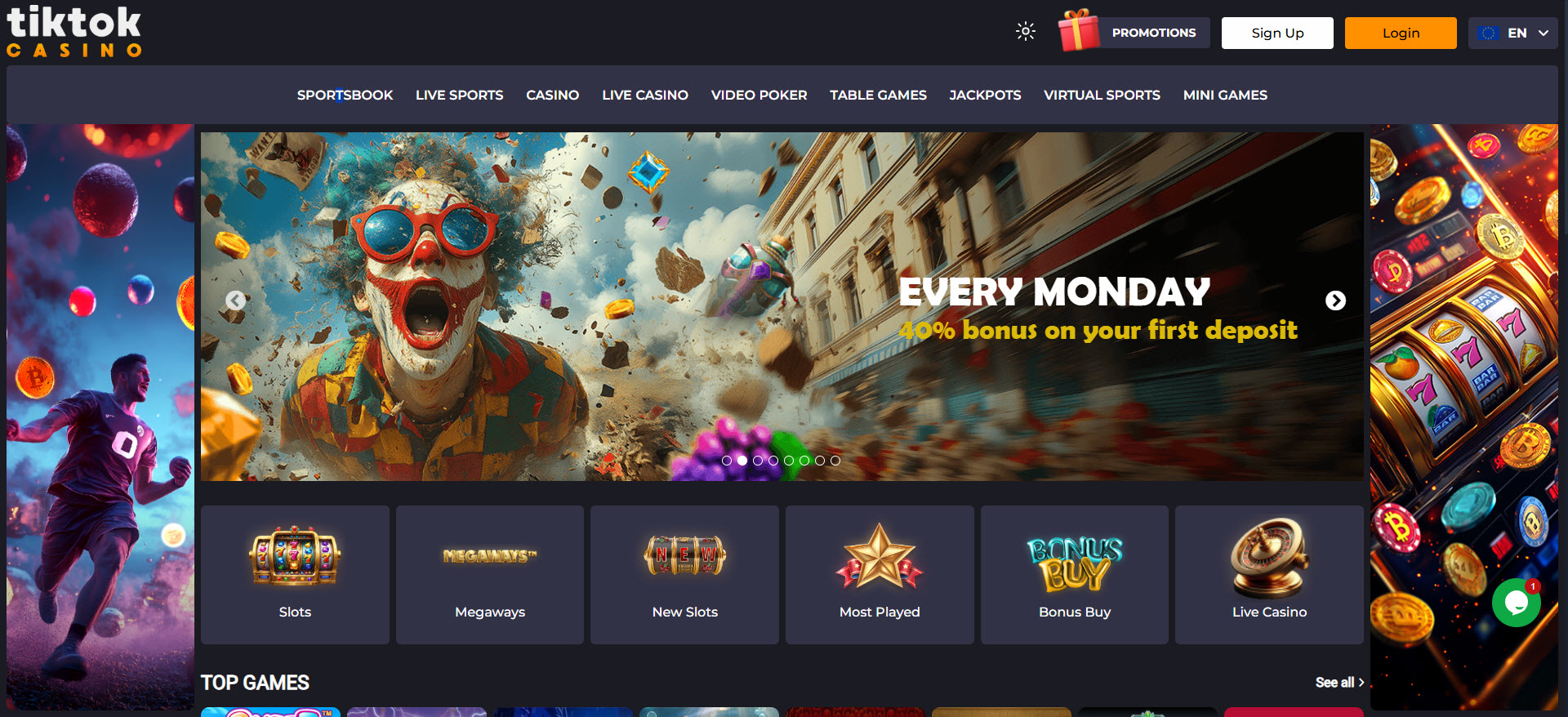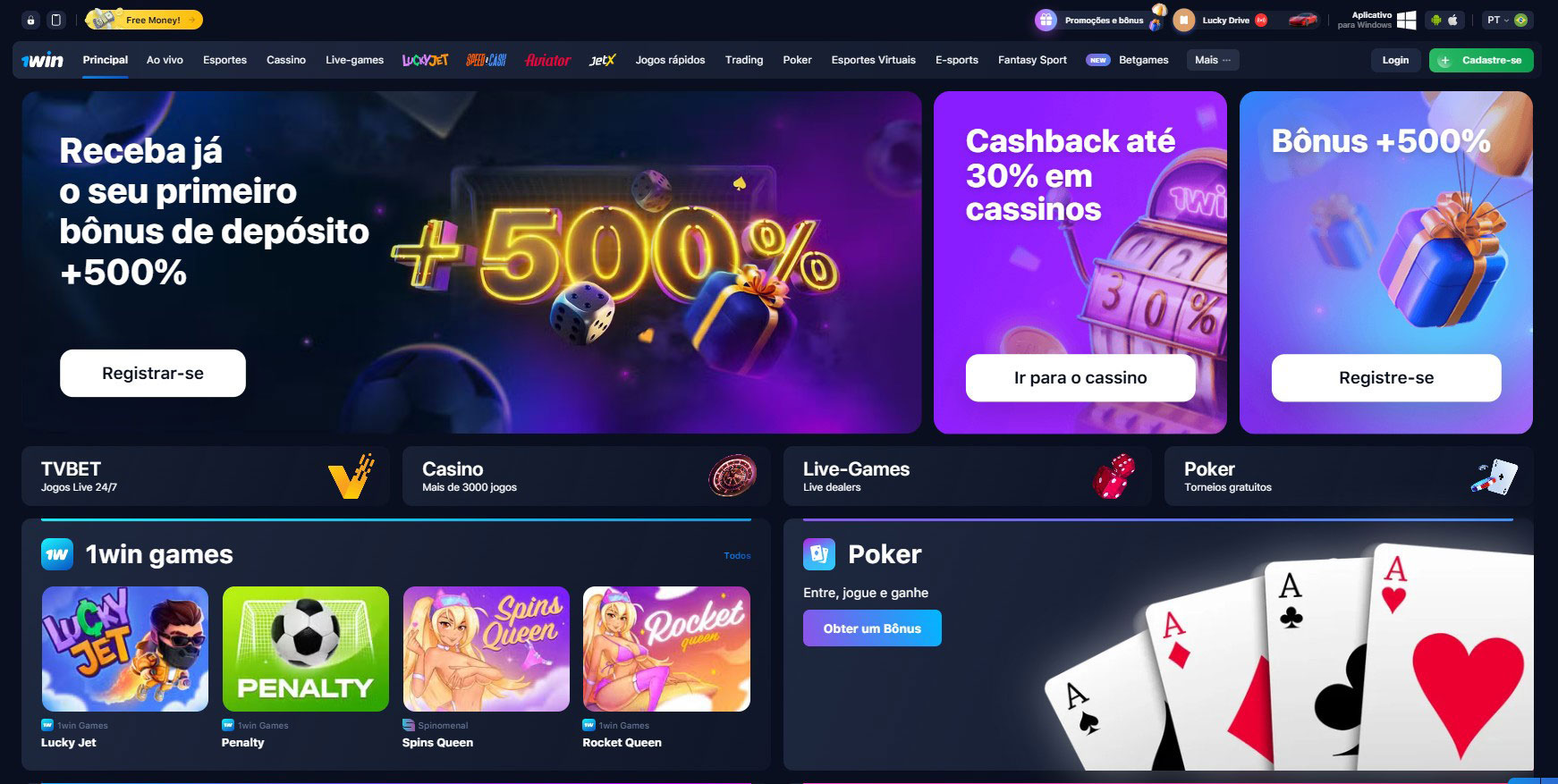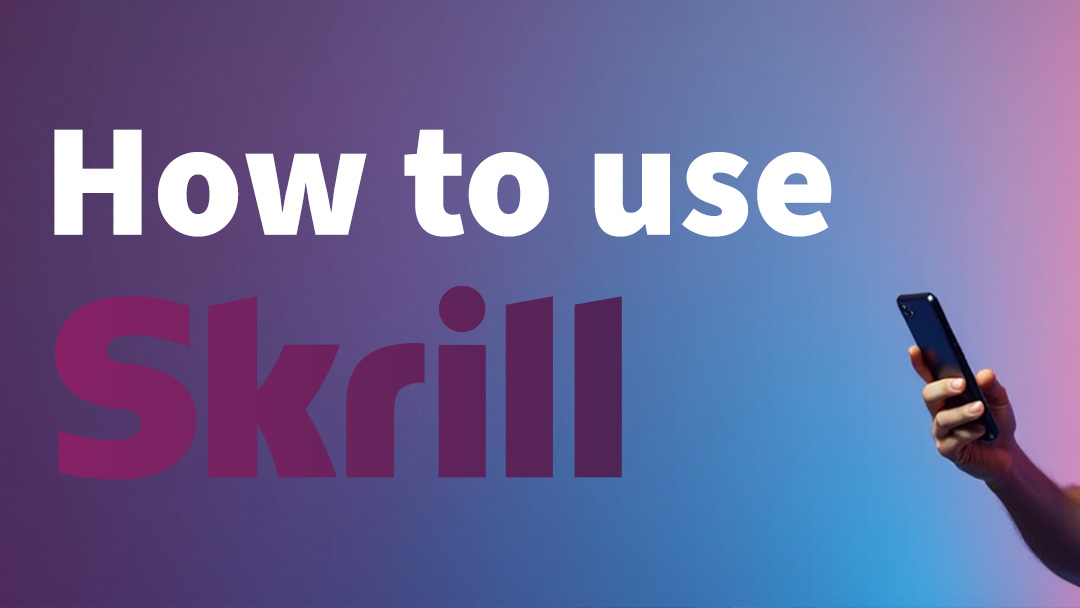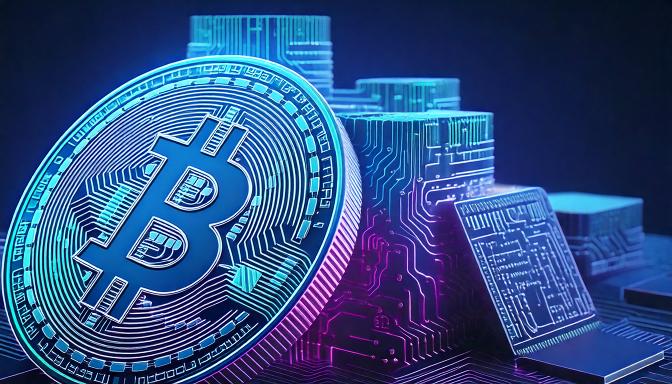The Future of Casino Game Providers: Embracing Blockchain and Crypto
The gaming industry is undergoing a seismic shift, with blockchain technology and cryptocurrencies playing pivotal roles in reshaping how casino game providers operate. As players demand greater transparency, security, and efficiency, leading game providers are increasingly adopting these technologies to stay ahead of the curve. Here’s a glimpse into the future of casino game providers and their embrace of blockchain and crypto.
Transparency Through Blockchain
One of the most significant challenges in online gambling has been ensuring fairness and trust. Blockchain technology addresses these concerns by introducing provably fair gaming. This technology allows players to verify game outcomes independently, ensuring transparency and building trust between operators and players.
Game providers that integrate blockchain can:
- Create tamper-proof records of game outcomes.
- Allow players to audit games in real-time.
- Build reputations as transparent and trustworthy entities.
Cryptocurrency Integration: Faster and Safer Transactions
Cryptocurrencies like Bitcoin, Ethereum, and USDT are transforming payment methods in the casino industry. By integrating crypto payments, game providers enable:
- Faster Transactions: Deposits and withdrawals processed within minutes.
- Lower Fees: Reduced costs compared to traditional payment methods.
- Enhanced Security: Blockchain’s decentralized nature minimizes the risk of fraud and chargebacks.
This seamless integration of crypto payments enhances the player experience and attracts tech-savvy gamblers who prioritize efficiency and privacy.
NFTs and Tokenized Gaming Assets
The rise of non-fungible tokens (NFTs) is opening up new possibilities for casino game providers. NFTs can be used to:
- Represent in-game assets, such as unique slot themes or rare collectibles.
- Reward loyal players with exclusive, tradeable tokens.
- Create personalized gaming experiences through token ownership.
Tokenized gaming assets offer players more engagement and ownership, fostering loyalty and creating new revenue streams for game providers.
Decentralized Casinos: A Paradigm Shift
Decentralized casinos operate on blockchain networks, eliminating the need for traditional intermediaries. Game providers that design games for decentralized platforms can:
- Reduce operational costs.
- Reach a global audience without regulatory barriers.
- Offer players complete anonymity and control over their funds.
Decentralized casinos are poised to disrupt the industry, and forward-thinking game providers are already preparing for this shift.
Enhanced Player Rewards Through Smart Contracts
Smart contracts automate reward distribution, ensuring players receive bonuses and winnings instantly. Game providers leveraging smart contracts can:
- Eliminate manual processing delays.
- Enhance player satisfaction with prompt payouts.
- Create innovative loyalty programs tied to blockchain rewards.
Conclusion
The future of casino game providers lies in their ability to adapt to emerging technologies like blockchain and cryptocurrencies. By embracing transparency, security, and innovation, these providers can redefine the online gambling experience and set new industry standards. As blockchain adoption grows, players can look forward to more engaging, fair, and rewarding gaming experiences.
Tags: blockchain gaming, crypto casinos, casino game providers, cryptocurrency payments, provably fair gaming, NFTs in casinos, decentralized gambling, smart contracts, future of gambling





















